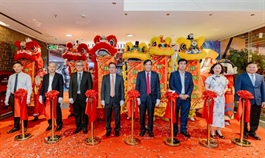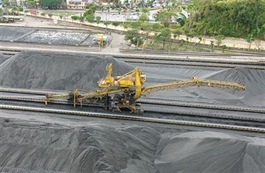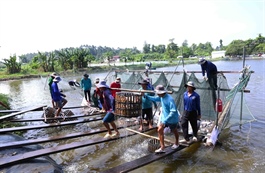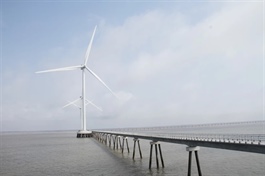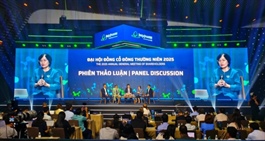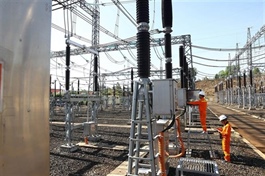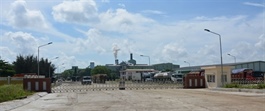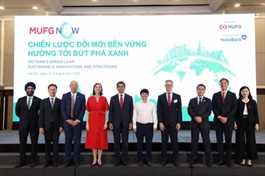EPR rules reshape Vietnam's recycling industry
EPR rules reshape Vietnam's recycling industry
WBS Solution and System Co., Ltd. unveiled Think Green Issue 2 on April 25, underscoring the platform’s ongoing mission to guide the business community through sustainable transformation.
Think Green is a publication that tracks sustainability policies and trends in Vietnam and around the world, while shining a spotlight on businesses that lead the way in emissions reduction and green growth.
The first edition of Think Green was released last January and offered a review of key lessons, initiatives, and achievements by businesses on their journey towards sustainability in 2024.
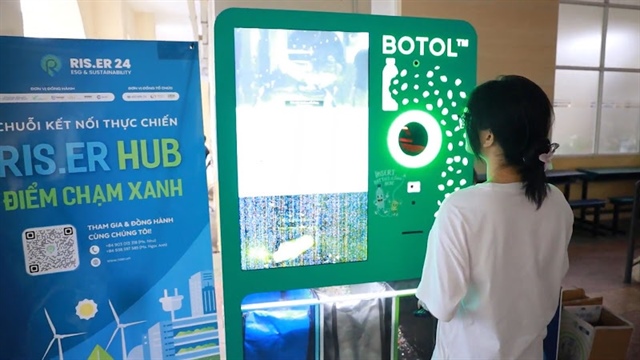
Recycling plastic waste such as water bottles and packaging is one of the requirements of EPR |
Think Green issue 2 centres on extended producer responsibility (EPR) and focuses on the story of recycling electronic waste, the challenges in handling high-tech waste such as smartphones, computers, TVs, and gaming consoles, especially in the context of rapid AI development, which demands greater computing and storage capacity, leading to shorter lifespans of technological devices. This presents a challenge but also an opportunity for Vietnam to develop modern recycling plant models capable of recovering precious metals, providing significant economic value.
Even in areas that seem to have a legal framework, such as plastic packaging and tyre recycling, there are still many gaps that remain unaddressed. In the context of rapidly growing e-commerce, waste from packaging and shipping is putting significant pressure on the environment, requiring businesses to integrate solutions for using sustainable materials and building green supply chains.
Particularly, the issue of tyre recycling raises significant questions. Although it offers economic and environmental benefits, if the technology does not meet standards, the recycling process itself can become a new source of pollution, directly affecting the environment and public health. Nguyen Thi Quynh Nhu, CEO of WBS, said, "With the latest Think Green edition, we aim to provide a truthful and multidimensional picture of the recycling industry in Vietnam, including the bottlenecks and unresolved issues, allowing readers to reflect and form their own assessments on the path to sustainable development."
To bring this issue into a broader discussion, the RIS.ER 2025 seminar series, organised by WBS from May – October 2025 in Ho Chi Minh City,will serve as a forum to connect experts, businesses, and policymakers to find optimal solutions for a sustainable recycling industry.
RIS.ER 2025 aims to raise awareness about the environmental impacts of tyre recycling processes and propose mechanisms to support businesses in adopting clean technologies, moving towards a circular economy and reducing emissions.
Decree No. 08/2022/ND-CP, in effect since early 2024, sets out a clear roadmap for manufacturers and importers to fulfil their recycling obligations for the products and packaging they place on the market, covering accumulators, batteries, lubricants, and tyres as well. Manufacturers and importers of electrical and electronic products have been required to begin fulfilling their recycling responsibilities since January this year.
This is seen as a strategic shift, marking a change in the approach to recycling activities in Vietnam. Previously, most manufacturing and importing businesses operated in a fragmented manner and mainly relied on voluntary efforts. Now, with clear legal regulations, the responsibility for recycling has become a mandatory obligation, contributing to the establishment of a circular economy.
Those interested can view the document by visiting the official website of RIS.ER at https://riser.vn
- 17:01 30/04/2025



